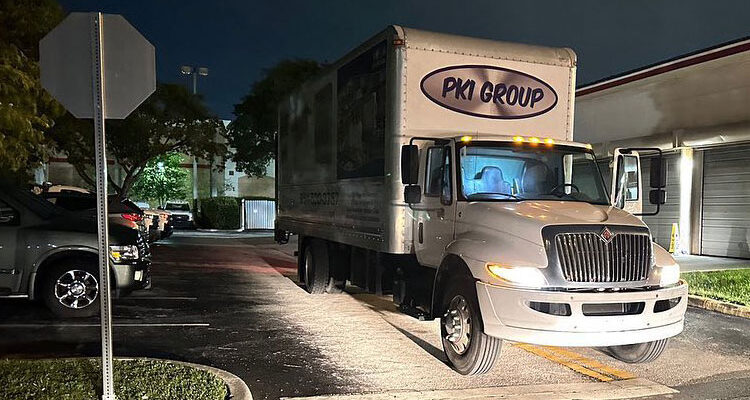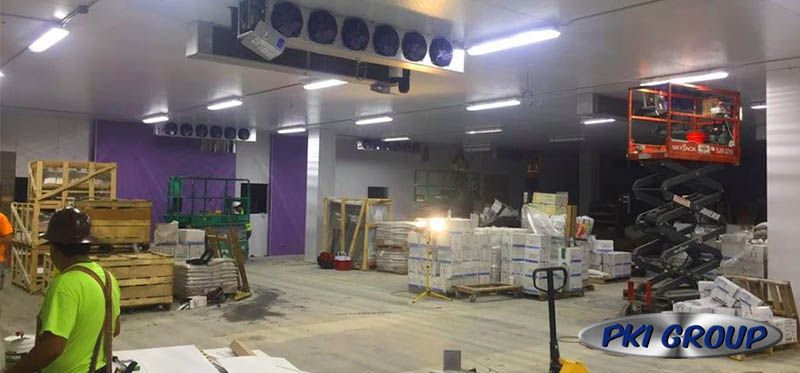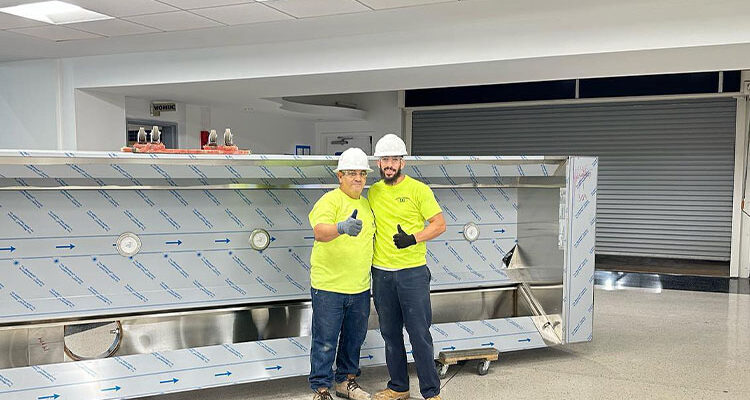The heartbeat of any restaurant or food establishment is its bustling commercial kitchen. Amidst the sizzle of pans and the aroma of culinary creations, the rhythm of a well-functioning kitchen keeps operations running smoothly. However, as any experienced restaurateur knows, unforeseen equipment breakdowns or malfunctions can bring this rhythm to a screeching halt. In such moments of crisis, emergency commercial kitchen repairs emerge as the unsung heroes, swiftly restoring order and ensuring the culinary show goes on. In this blog, we’ll dive into the significance of these services and how they play a pivotal role in keeping the kitchen fires burning.
The High-Stakes Nature of Commercial Kitchen Emergencies:
1. Time is of the Essence:
In the world of food service, time is a precious commodity. Every moment of downtime translates to lost revenue and potentially disappointed customers. Emergency kitchen repairs must be swift and effective.
2. Delicate Balance of Systems:
Commercial kitchens operate like well-oiled machines, with each piece of equipment playing a vital role. A single malfunction can disrupt the entire workflow, leading to chaos and subpar service.
3. Food Safety at Stake:
The safety and quality of the food being prepared hinge on properly functioning equipment. Malfunctions can compromise hygiene standards, putting both customers and reputation at risk.
The Critical Role of Emergency Commercial Kitchen Repair:
1. Rapid Response and Diagnosis:
Emergency repair services are on standby for swift responses. They assess the issue at hand, diagnosing the problem to devise a targeted solution that gets the kitchen back in action.
2. On-the-Spot Repairs:
These services are equipped with the necessary tools and expertise to perform repairs on-site, eliminating the need to transport equipment and minimizing downtime.
3. Experienced Technicians:
The repair technicians possess specialized knowledge of commercial kitchen equipment. Their experience allows them to quickly identify issues and implement solutions.
4. Comprehensive Repairs:
From ovens and stoves to refrigerators and fryers, emergency repair services are well-versed in handling a wide range of equipment, ensuring a holistic approach to repairs.
5. Preventive Measures:
While addressing the immediate issue is crucial, emergency repair services often provide insights and recommendations to prevent future breakdowns and maintain equipment longevity.
Minimizing Impact and Restoring Confidence:
1. Minimized Disruption:
With rapid response times, emergency repair services work to minimize the disruption caused by equipment malfunctions, allowing the kitchen to resume normal operations swiftly.
2. Maintaining Reputation:
The ability to manage and recover from emergencies contributes to maintaining a restaurant’s reputation for consistent service and culinary excellence.
3. Ensuring Food Safety:
By swiftly addressing equipment malfunctions, these services ensure that food safety standards are upheld, safeguarding the health of customers and staff.
The PKI Group – Emergency Commercial Kitchen Repairs
In the high-pressure environment of a commercial kitchen, the unexpected can strike at any moment. Emergency commercial kitchen repair services emerge as the guiding light in times of crisis, swiftly addressing equipment malfunctions and restoring the heartbeat of the kitchen. Their rapid response, expertise, and commitment to minimizing downtime are invaluable to the smooth functioning of food establishments. As restaurateurs, chefs, and staff continue to craft culinary masterpieces, these services stand as steadfast partners, ensuring that even in moments of crisis, the kitchen remains the vibrant hub of culinary creativity and customer delight. For Emergency Commercial Kitchen Repairs please call 954-530-3757 or fill out the contact form.




